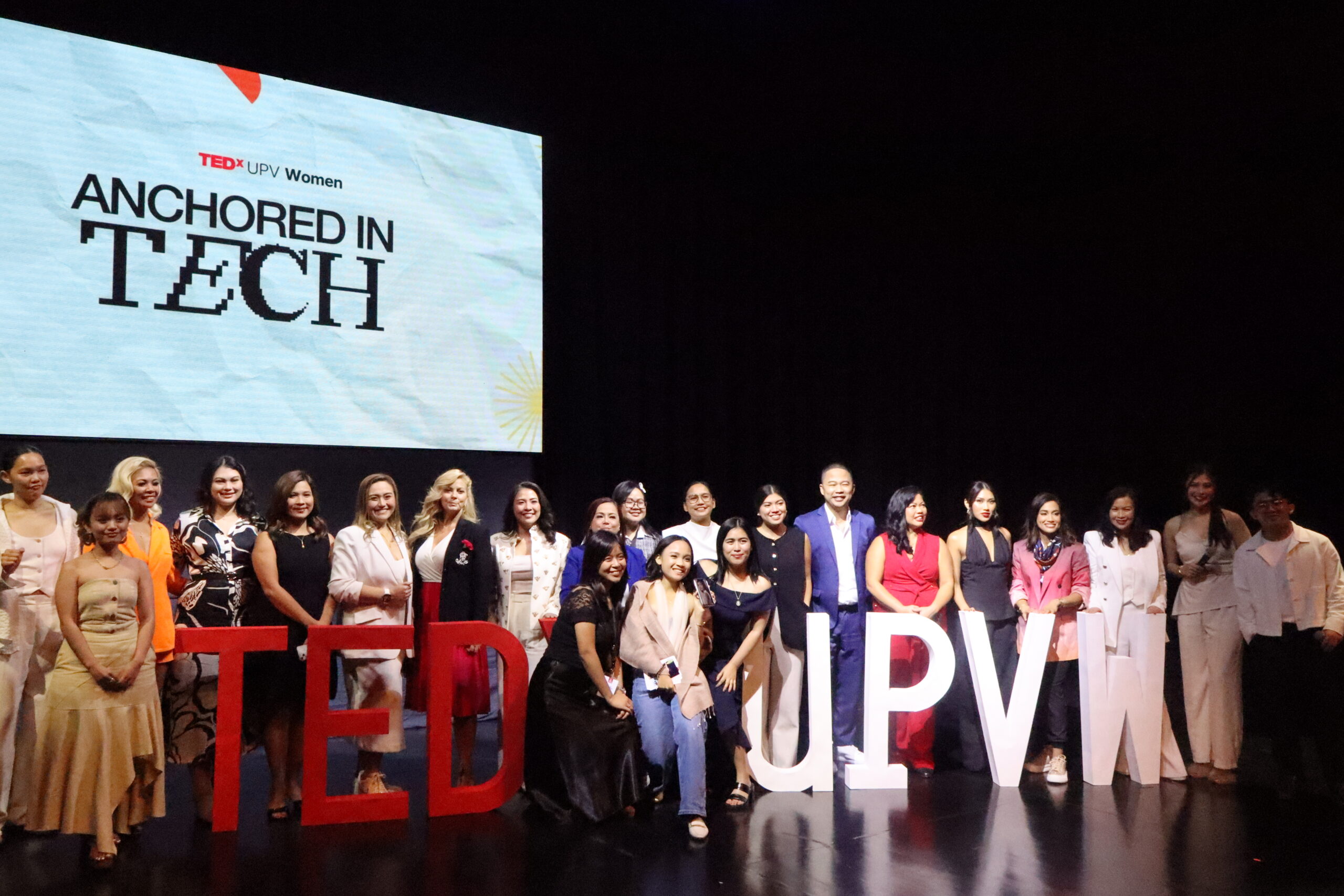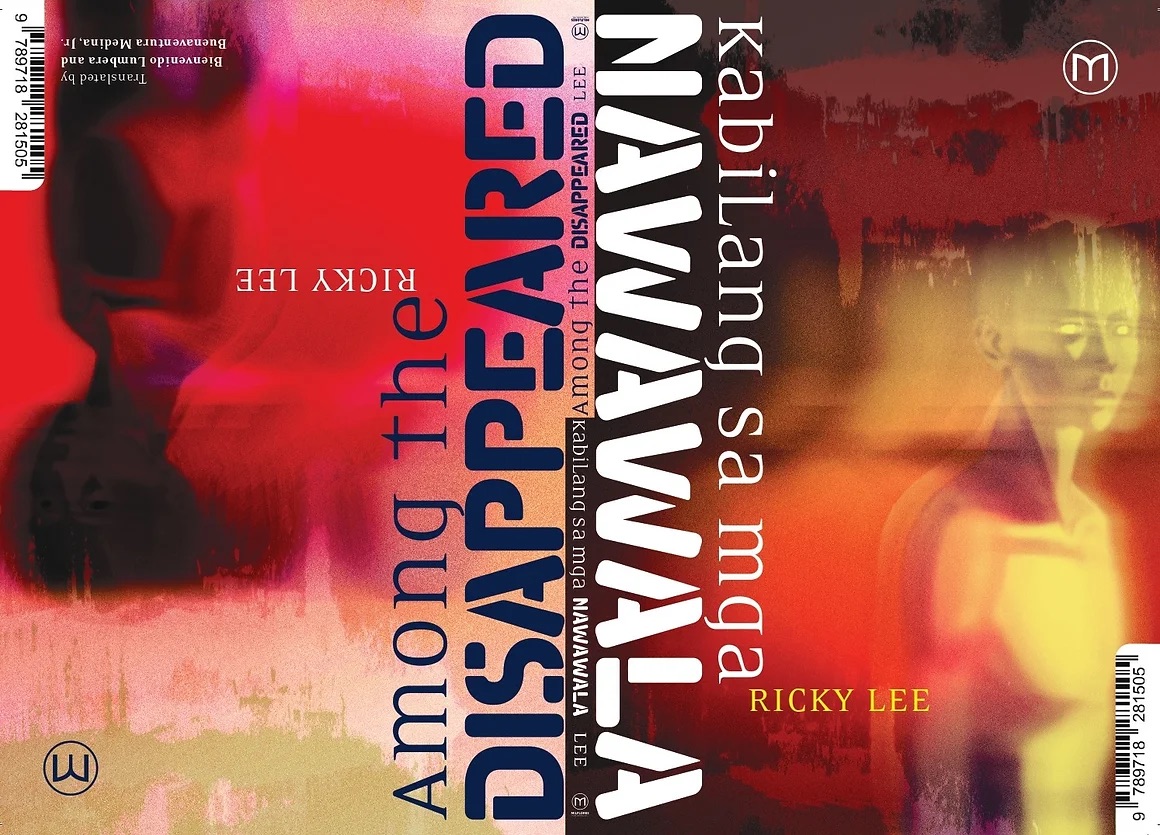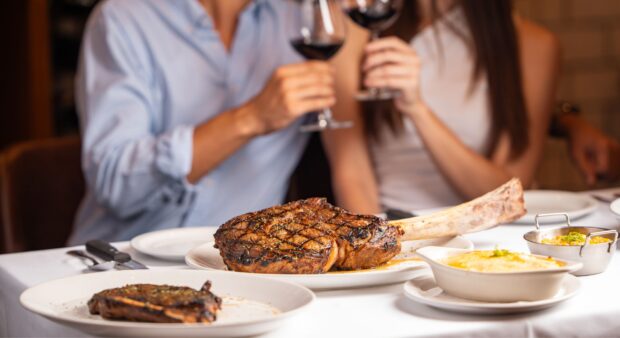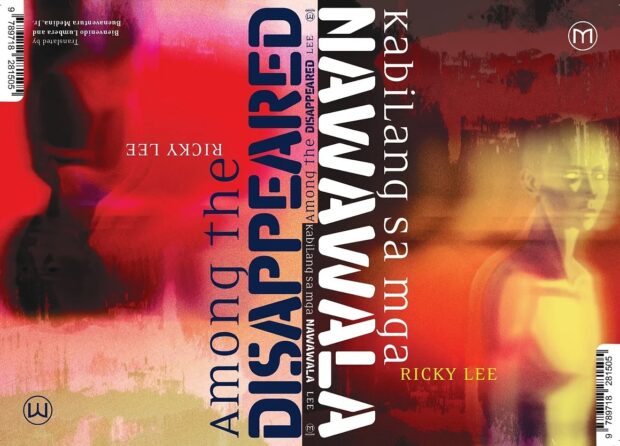
Last Christmas, Li-an Ascalon stayed in Manila instead of heading home to Bacolod for the holidays, mainly because she wanted to be sure the dogs at the Mandaluyong Animal Shelter (MAS) were taken care of while the staff was on break.
Sounds selfless—but that would be a truly inadequate word to describe this part-time freelance writer, voice talent, and cook, who is also a full-time guardian angel to this city facility.
The 38-year-old University of the Philippines graduate, already a volunteer teacher for street children, first read about MAS in the city’s newsletter three years ago. After meeting city vet Dr. Louie Encarnacion, she helped collect over 70 used ice cream cans and tubs to be used as feeding bowls for the animals. “I cyber-begged, with a few more items added to the list—dog food, medicines, pet supplies, etc. What was supposed to be a one-time plea became an ongoing in-kind donation drive. The shelter’s budget allocation was inadequate to cover even the basics. I knew there’d be people willing to help, if only they knew this place existed.”
By her own admission, Ascalon became a “one-woman awareness campaign” online and in person. Most notably, she began begging for restaurant leftovers, picking up the scraps herself in heavy pails and on foot, and storing them in her small freezer until the MAS truck could pick the food up. “Since I gave up my freezer space, I wasn’t able to make ice cubes for almost a year!”
Thanks to her hounding, dog food donations and feeding programs by some civic groups have become more regular. Now her scrap collection days are over.
Ascalon also helped set up an adoption protocol and gets support from other animal welfare groups like the Philippine Animal Welfare Society (PAWS) and the Compassion and Responsibility for Animals (CARA). She has partnered with a clinic, Pendragon, for vaccinations and spaying and neutering.
“It used to be that 80 percent of the (animal) population was emaciated, mangy and balding. That percentage is now down to 20 percent,” Ascalon says.
Still, the need for dog food, vaccinations, flea and tick medicine, mange treatment, antibiotics, and vitamin supplements remains pressing. (Check out the Help MAS Facebook page or e-mail [email protected] if you want to help.)
Ascalon is also a big advocate of fostering. “The public is more familiar with rescue and adoption, but hardly know about the very crucial link between the two. Fostering, which is the temporary care of a rescue(d animal), is often the key. After the rescue and confinement, where does the animal go next? Do people know it takes months to rehabilitate each case, and sometimes even years to find (it) a home?”
Happily, a number of dogs she fostered have been adopted. “Of course, the tough part is the bittersweet moment when you let them go, when they’ve found their forever home. But it comes with the turf. And yes, we need more people willing to foster.”
One of those who heeded her call was Jana Lopez Sabilano, who adopted Andy from CARA after Ascalon had fostered him for a couple of months last year.
Recalls Sabilano: “We wanted a pet at the time and decided that adopting would be better than buying a new puppy because then we would be giving a rescued dog another chance at being loved.
“We were supposed to see another dog (Aly), but CARA recommended Andy to us because he’s used to living in a condo. When we first saw Andy, he was very shy. But he warmed up to us during our first walk. I think it was love-at-first-sight for both of us.”
Sabilano acknowledges that “some rescued animals have special needs as many of them had been abandoned and may need special attention,” something that people should think about before deciding to adopt.
But the special care wasn’t true in Andy’s case, as she happily found out.
“Andy had demodex (mange), which is normal for dogs, though he had more than normal. (But) all we had to do was make sure he got shots every week, and a bath every five days, plus we apply Li-an’s special oil for mange everyday and that’s it.”
Definitely, Ascalon’s fostering helped, adds Sabilano. “Andy has always been a very polite and helpful dog, carrying his poop bags with him during walks, trying to clean up after himself in the house by covering his pee and poop with newspaper, sleeping at the end of the bed when he sees my husband and I lying down, and even moving to the couch when he feels we need to stretch our legs.
“Andy may have had these characteristics in him but it was Li-an who nurtured and helped his fear of humans disappear. Her patience, love and compassion allowed him to become the awesome dog that he is today and we’re very lucky Andy chose us to be his parents.”
Ascalon, says Sabilano, has become “a constant inspiration” to her and her husband. “She speaks so passionately about abandoned and abused animals it’s infectious!”
In fact, Ascalon has made adopting dogs sound so rewarding that some people have done it again and again. Take Nice Rodriguez, former journalist turned animal welfare advocate and now president of PAWS’ Aspin Club (aspin stands for asong Pinoy, or mongrel), who has so far adopted six dogs from MAS.
“I cannot explain why I decided to adopt the dogs other than (having) compassion and the hope that everything would turn out better for them,” she says.
She admits that taking in three dogs in a two-week span was “difficult not just financially but behaviorally.” “But I just kept going,” she adds. “I had my handyman make a wheelchair for Bam (who has splayed legs). Then there’s Manda who, after being with me for over a year, now sleeps on my pillow and looks for me instead of running out in the streets.”
Rodriguez’s other dogs are all aspins. They are Toro, Karl, Tanya and Ika.
As expected, Ascalon has little time for herself. “Would it be pathetic to admit that all my waking hours revolve around animal welfare?” she says with a laugh. “The advocacy unexpectedly turned my world and priorities upside down.”
She even recently shaved her head, for a more “fuss-free” look. Still, she tries to occasionally indulge in “something cheap, free, brainless and therapeutic like browsing grocery shelves, watching junk TV, or cooking for pleasure.”
It’s important to fight for animal welfare and animal rights, Ascalon says, because “we have to be the voice of those who can’t speak for themselves. Animals can’t report to authorities or file charges when they’ve been abused or starved. Their well-being often rests on human compassion and sensitivity. We owe it to them because we have the gift of speech and the power to act.”
Ascalon shrugs off any awe expressed when people hear of her dedication. “There are more people who do much more than I do. Not having the monetary or material resources, I strive to make up for what I lack with something I can afford to give-time, effort and dogged passion.”
Her reward? “Fulfillment. Companionship without judgment. And watching the miracle of tender loving care unfold before you.” •















































